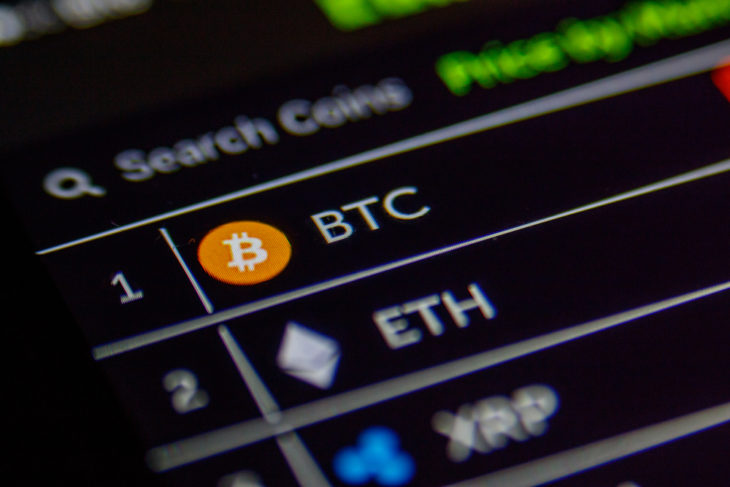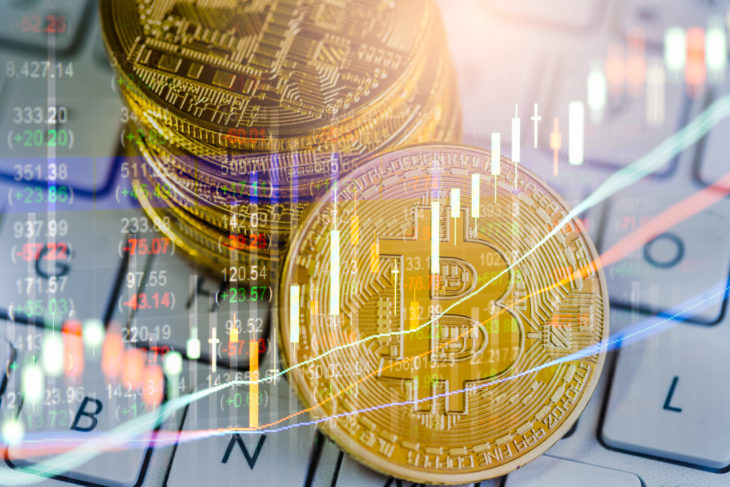When we read online media, we often see that crypto-assets are often called ‘digital currency’. Those seem to be the same thing. However, they are not. Let’s explore the nuts and bolts of crypto- and digital currencies to draw the line between them and find out what is what.
What is digital currency?
Here, we can boil this notion down to what the European Central Bank stated: the virtual currency is a digital value. It means such an asset is not issued by any official organization, be that a central bank, financial institution, or a credit company. In certain cases, digital currencies can be used as an alternative to real money, i.e. they can be used to make purchases in the Net.
Digital currencies include:
- Money stored and circulating in various payment systems (PayPal, WebMoney, QIWI, Skrill, Payoneer and so on);
- Bonus points which can be used for payments;
- Money in our bank cards.
Today, paying for services in goods with virtual money has become a part of our life. Yes, it’s not always backed by some physical equivalent that exists in reality. However, it performs the same functions as fiat currencies do: this is a means of payment in online stores. Thus, like crypto, digital currencies are supposed to be devoid of political or geographical restrictions.
But what’s the difference then?

Source: technadu
What is cryptocurrency?
This is a particular type of digital money.
Cryptocurrencies are virtual assets that are powered by so-called blockchains. They are mostly represented by tokens which are used in blockchain projects and powered by certain technologies. As a rule, crypto assets are used for:
- Making payments within the project/platform;
- Incentivizing users;
- Paying fees (for example, ETH is used for gas fees);
- crypto-to-crypto conversion and exchange for fiat currencies;
- Performing peer-to-peer transactions.
Yet, the sphere of crypto usage is not limited by these applications only. Cryptocurrencies are gradually penetrating the real-world finance. There are bank cards and crypto ATMs available. People started using Bitcoin and other assets to make crypto payments in brick-and-mortar stores and other places.
Cryptocurrencies are considered to be more secure and reliable because they are developed with the help of cryptographic algorithms. This is a combination of programming languages and mathematics. Blockchain is about writing or solving codes, so it implements various sciences.
Cryptocurrencies are based on decentralized ledger and blockchain, so none of the existing banks or governments can control them. This is purely decentralized money that’s controlled by owners only.
Thus, we can conclude that every cryptocurrency is a digital asset, but not every digital asset is a cryptocurrency.

Source: Hacked
Side-by-side comparison of crypto vs digital currencies
For you to understand better the difference, we should compare these two forms of money from various standpoints.
-
(De)centralization
Since cryptocurrencies are stored on blockchains and digital ledgers, they are decentralized. That means the piece of code is spread over various nodes (devices), so not a single person can control them. Such a feature makes crypto invincible for governments and central banks. None of them can freeze accounts or control the assets. On the contrary, digital currencies are centralized – they are stored in servers. That means website/platform owners, hackers, or authorities can theoretically access accounts and funds.
-
Transparency
When it comes to digital money, transaction information is confidential and private. It might be stored in bank datacenters or the history of website transactions, but without being available to third parties. Most cryptocurrencies were created transparent, which means the transaction information is stored in a public chain (blockchain). Others can see the transactions performed from a wallet address. Yet, such details are the user’s name and personal info are not disclosed.
-
Regulation
This issue is somewhat controversial because cryptocurrencies are on the verge of being controlled. Yet, it applies to stablecoins mostly. Digital currencies are under the control of some central authority, for example, a central bank, issuer, government, etc. They can block, freeze, or cancel transactions. Cryptocurrencies though are usually regulated by the blockchain communities, which means issues are solved in a fairer way.

Source: Darkwebnews
-
Official status
Digital currencies are legal in the majority of countries and can be used freely for making online payments. Also, there are official directives and laws regulating them. The same is not true about cryptocurrencies: their official status is not set in many countries. In some places, they are banned, in others, governments are loyal and allow citizens to use crypto. So far, there is no uniform law to regulate crypto.
-
Anonymity
As it has been mentioned, cryptocurrencies allow for anonymous payments. Digital ledgers only store the wallet address, while such data as names, residential addresses, and persons’ credentials are hidden from the public. In this case, transactions can be tracked: anyone can see the wallet addresses of the receiver and sender. Digital currencies can be used only after identification. Some payment systems require only name and login, while others perform the entire KYC procedure when people need to upload their photo and prove their identity.

Source: orlandofamilylawfirm
-
Which option is safer?
The answer to the question isn’t a straightforward one. On one hand, cryptocurrencies are not regulated by organizations and people – it’s impossible to have your assets blocked by some bank or authority. On the other hand, cryptocurrencies are prone to hacking, and returning your assets, in this case, is almost impossible. Besides, stable coins (cryptocurrencies pegged to fiat assets) are now partially regulated by anti-money-laundering organizations.
-
Digital money can also be hacked or blocked by platforms
However, they are regulated by the laws – if you abide by them, you rarely risk losing your money. All platforms providing digital currency transactions are officially registered in some countries the jurisdictions of which apply to the funds. Thus, when you store your money in such payment systems, you should clearly understand what are the laws applying.

Source: CryptoNewsReview
Want to learn more about cryptocurrency?
Read interesting articles about crypto & blockchain in the Robopay.com blog. We publish tutorials, crypto price predictions, and market insights for you to keep tabs on the industry and make informed investment decisions.
